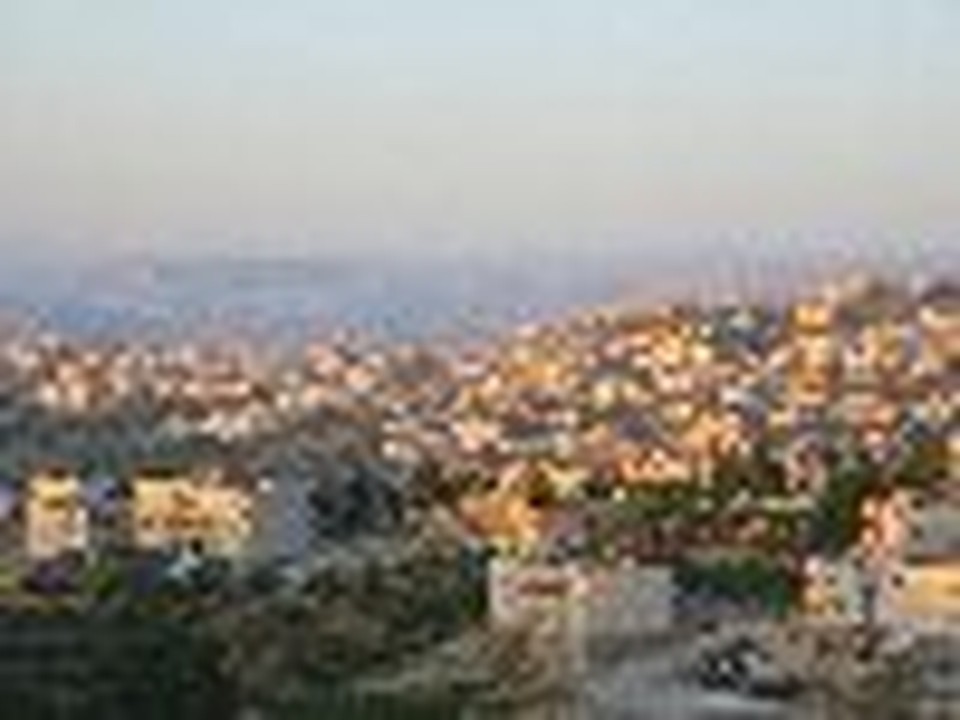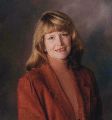Walk the Land in the Footsteps of John the Baptist


Suddenly, an angel appeared at the right side of the altar with a message: "Your prayer has been heard. Your wife will bear you a son."
Late in life, anointed children like John the Baptist are a consistent thread running through both Testaments. News of their conception is often greeted with surprise on the part of the parents with no heavenly repercussions. Yet when Zechariah expresses doubts, the angel gets huffy.
With good reason: Zechariah knows - and likely taught - that before Messiah comes, a wilderness voice will cry for the religious establishment to straighten up. But when confronted with impending fulfillment of Scripture, Zechariah questions the authority of God's Word and loses his own voice - a sober warning to church leaders everywhere.
Or, as Dr. Paul Wright of Jerusalem University College suggests, Zechariah may be trying to teach the angel a thing or two: "Zechariah's questioning of the angel is a very Jewish thing to do, very rabbinic to teach by asking questions. Zechariah has been taught that he is the authority. The only authority above Zechariah is the high priest. The prophetic role in the Old Testament was a speaking role but not so much during the inter-testament period. God still had to speak on earth, so priests have been doing the talking. John is going to resurrect the old order of things where prophets speak."
So the priest is struck dumb so the prophet can speak and prepare the way for the Lord.
Amid the angel's promises that John would be a delight, Zechariah had 9 silent months to ponder a portion of the angel's declaration that was semi-ominous: "...he will go on before the Lord in the spirit and power of Elijah..."
Said Dr. Wright: "Zechariah knew that Elijah spoke very strongly against the established religious, political, and social power structure of the day. He must have wondered whom John would speak against: Rome? Religion? And remember: Zechariah is the religious establishment."
John, also born a priest, attacks both. Therefore, the cry for repentance does not come from the temple as it should have, but as a solitary voice from the wilderness. As the Ten Commandments came from the desert proclaiming the basis for the Old Testament covenant, so John's wilderness shout for the religious to repent and present God accessibly to everyone by the leveling of mountains and the filling of valleys established the basis for the New Testament.
Ain Karin
From his earliest moments, John knew the difficulty presented by hilly terrain. Ain Karin, (Arabic for "spring of the vineyard") long regarded as the birthplace of John, is located in a valley so steep that it could almost be called a crevice. Sweet and bitter almond trees, cypress, and sparse vegetation cling precariously to rain washed, eroded hillsides abruptly meeting at the fertile heart of town where topsoil has been deposited.
Ain Karin is now the focus of British archaeologist Shimon Gibson who claims to have found a cave where John practiced baptizing before he began his ministry. Within the cave is a crudely incised figure of a man holding a staff that Gibson says resembles Byzantine representations of John. It should bring busloads of Christian pilgrims to Ain Karin.
A more valuable find would be the rediscovery of the message of John the Baptist: Tear down "mountains" or barriers that prevent unencumbered access to the Word of God, barriers such as religious elitism, traditions mandated as the law of God, and worst of all, hypocrisy. Build up "valleys" so the downtrodden can reach new heights in their relationship with God.
His message wasn't "seeker friendly," but unapologetic thick-skinned as the camel hide he wore and laser aimed at the religious. He demanded "fruit of repentance" - a changed life demonstrated by actions (Luke 3:8). Repentance wasn't about spilled blood of sheep and goats, thundered John; it was God's grace coupled with behavioral change that brought God's forgiveness. Change your desires to God's desires.
In many ways, John baffles modern Christians. He seems angry and poorly groomed in his camel pelt, something of a wild-eyed, ranting vagrant who eats grasshoppers. We aren't sure we would invite him to speak at our churches. Truthfully, we might not want him to sit on the sofa. Yet the future - yours, mine, and everyone who has ever lived - is dependant upon his message, so much so that Jesus said John was the greatest of those born to women.
Why did Jesus proclaim this about John the Baptist? And why do Jews understand John and his message better than Christians? Answers in Part Two of Walk the Land in the Footsteps of John the Baptist, tomorrow.

Dr. Paul Wright is president of Jerusalem University College (JUC) on Mount Zion. JUC is an extension campus for more than 100 accredited Christian Universities. Take a photo tour at Jerusalem University College Home Page www.juc.edu.
World Travel Express, the leading tour operator to Israel and the Middle East, helped to make this article possible. For more information, visit them at worldexpresstravel.com.
PHOTO by Rebekah Montgomery: Moving a few miles southwest of Jerusalem toward Ain Karin, the hometown of John the Baptist, the Judean hills become increasingly steeper.
Originally published May 11, 2005.





